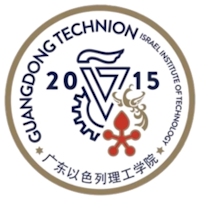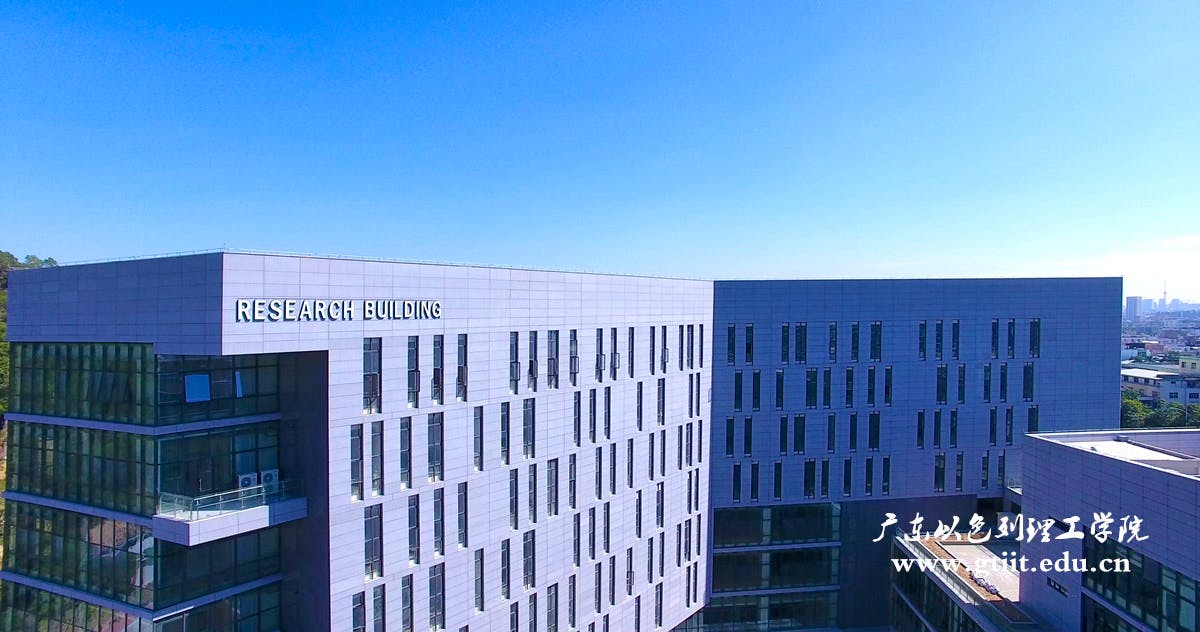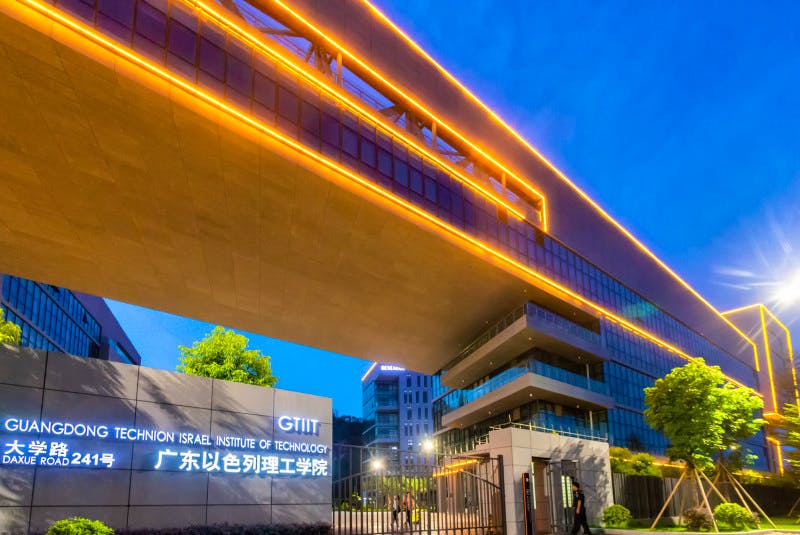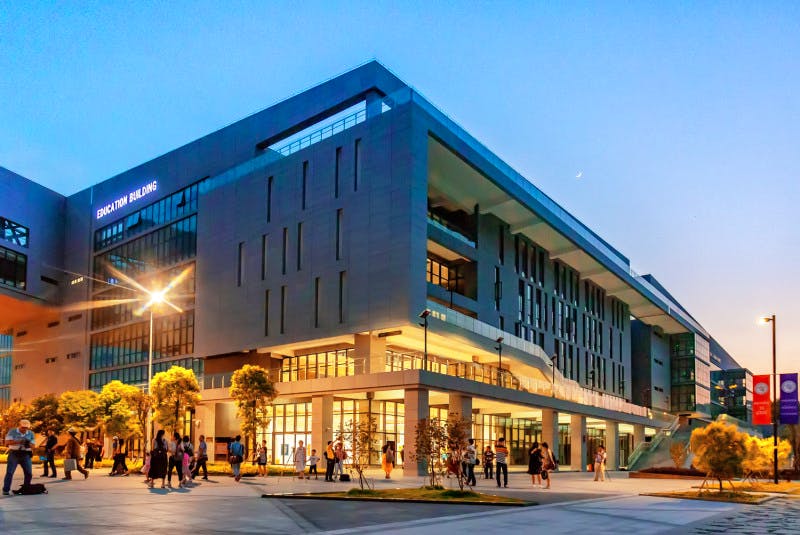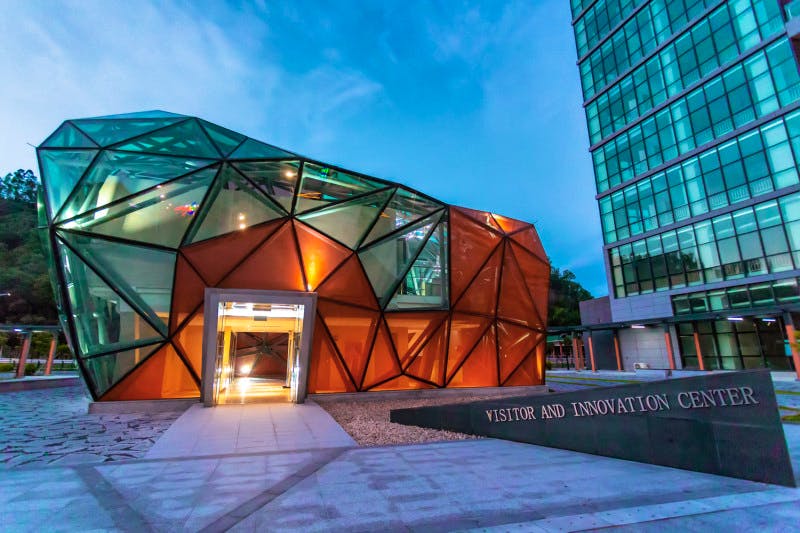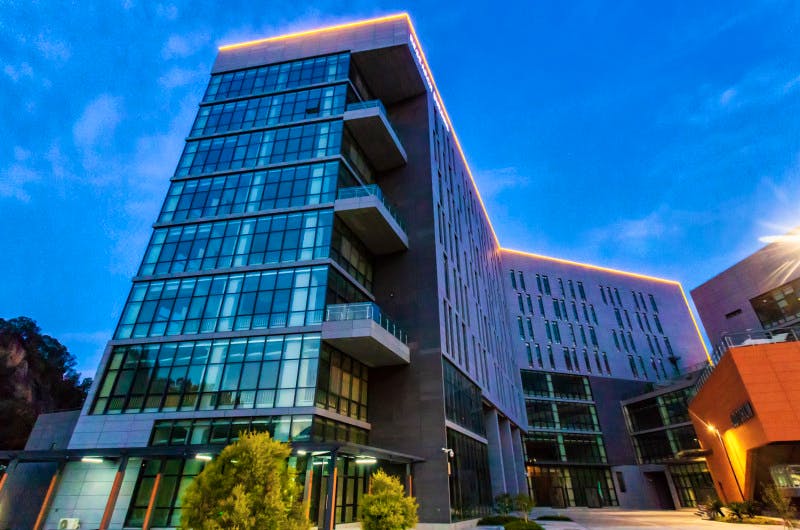1. Program Positioning
Mechanical engineering is the core of the national advanced industrial system and the cornerstone of economic development and technological innovation. As one of the broadest and most comprehensive engineering fields, mechanical engineering is engaged in transforming scientific discoveries into products that can benefit society. In order to achieve this, mechanical engineer requires knowledge and experience in many different fields, needs to combine fundamental science with engineering applications and take into account the impact of ecology and energy.
Mechanical engineering involves a wide range of fields, including but not limited to traditional industrial systems and modern emerging industries. Mechanical engineer plays a crucial role in the development of advanced machinery, robots, medical application mechanical systems, optoelectronic equipment, cooling of electronic chips, as well as precision agriculture and construction machinery and renewable power sources. The training of mechanical engineers has a significant impact on the development of national mechanical science and technology. Due to the great capacity and fast evolvement in the field of mechanical engineering, this major is in great demand by modern society.
GTIIT Mechanical Engineering and Robotics (hereinafter referred as “MER”) program integrates the advanced resources of the Mechanical Engineering Department of the Technion for more than 80 years of engineering education and aims to cultivate outstanding engineers in many fields, such as energy and fluid, solid mechanics design and manufacturing, robot automation and control engineering, etc. Graduates can play an important role in the scientific research team in advanced processing and manufacturing, high-tech electrical and electronic, semiconductor, medical instrument and other related fields. On the other hand, Graduates can also choose to continue their studies in such fields, including alternative fuels and energy, wind and fluid power engineering, aerospace science, environmental control technology, composite materials and biological intelligent materials, fluid and solid mechanics, navigation medicine and micro-robots, microfluidic technology, biomedicine and mechatronics. Whether choosing employment or further study, students have vast development space and possibilities.
2. Talent-cultivation Goal
MER program was established with the approval of the China Ministry of Education in May 2021. The program is based in mainland China and inherits the brilliant educational philosophy and teaching resources of the Mechanical Engineering Department at the Technion. It is committed to building a world-class base for fundamental science research and training. The program prioritizes talent training as a key for optimizing the layout of discipline, focusing on strengthening the core ability of mechanical engineers, consolidating students' theoretical foundation, and cultivating practical spirit and independent learning ability. With the development of science and technology, mechanical engineering and other cutting-edge technologies continue to cross integrate.
The program integrates general mechanical engineering concepts in teaching and encourages students to study and communicate across disciplines, combine natural science with engineering and apply the knowledge of mechanical engineering to many related fields, such as computerized mechanical systems, transportation vehicles, precision medical devices, microelectronic chips, automatic agriculture, robot application and so on. With the extensive discipline exchange and learning, the MER program expects to cultivate engineers with global vision, diverse skills, and immediately suitable for the needs of national cutting-edge science and technology development.
3. Cultivation Scheme
MER program keeps the teaching philosophy of the Mechanical Engineering Department at the Technion, combines it with Chinese characteristics, serves the national strategic needs, aims at the forefront fields, encourages interdisciplinary practice and learning, adheres to the cultivation of competitive compound talents-
· Implementing the credit system. After completing the required courses, students can formulate personalized electives according to their own interest and development direction.
· All program courses are taught in English, the program pays attention to the students' communication ability and provides various forms of international exchange activities.
· During the first four semesters, students must complete basic science courses, including calculus, physics, computer programming, thermodynamics, solid mechanics, introduction to materials engineering, fluid flow extended.
· During the last four semesters, students are able to take more advanced mechanical engineering, automation and robotics application theory and experimental courses. The theoretical courses include advanced computing methods, control and automation, traditional and alternative energy production technology, mechatronics and robotics. Lab courses include advanced manufacturing, renewable energy, robotics, advanced propulsion systems and combustion engineering, as well as microelectromechanical systems, microprocessors and control systems, are also given.
· Students will have the opportunity to participate in research projects as research assistants.
· The program pays attention to students' quality education and professional spirit, cultivates students' ethics by general courses, professional courses and various lectures, and lets them understand the impact of science and technology on nature and society.
· Students must take ideological and political theory courses and other related courses required by the Ministry of Education of China.
4. Course Curriculum
In accordance with the national strategic plan for high-end engineering talents, the program aims to set up international standardized mechanical engineering courses. Courses emphasize both theory and practice, establishing students’ theoretical foundation while they exercise core practical skills of engineers in design, manufacturing, research in the new century.
5. Faculty Team
The program has been building a highly international education team. All teachers are recruited globally in accordance with the standards of the Technion. Since the start of the program in early 2021, 13 internationally trained faculties have been recruited, including 2 professors, 1 associate professor, 9 assistant professors, and 1 research scientist. Among them, there are 8 foreign faculties, accounting for 62% of the total number of faculties. All faculty obtain overseas doctoral degrees and have experience of working at world-class universities or research institutes, such as the Technion, Massachusetts Institute of Technology, Stevens Institute of Technology, Virginia Tech, Johns Hopkins University, Purdue University, Texas A&M University. Currently, the ratio of teacher to student is about 1:6.
6. Teaching Conditions
With the continued support of the world-class Mechanical Engineering program at the Technion, the GTIIT MER program is striving to establish state-of-the-art teaching facilities and experimental systems for our students. Currently, 13 teaching laboratories are being built, and the initial teaching experimental equipment will be put into operation in 2022, including thermodynamics lab, aerodynamics lab, manufacturing lab, welding and soldering service lab, computational service lab, an advanced lab in robotics, and lab of the advanced propulsion system and combustion engineering. It is expected to create an exceptional learning environment for our future mechanical engineers.
Show less
